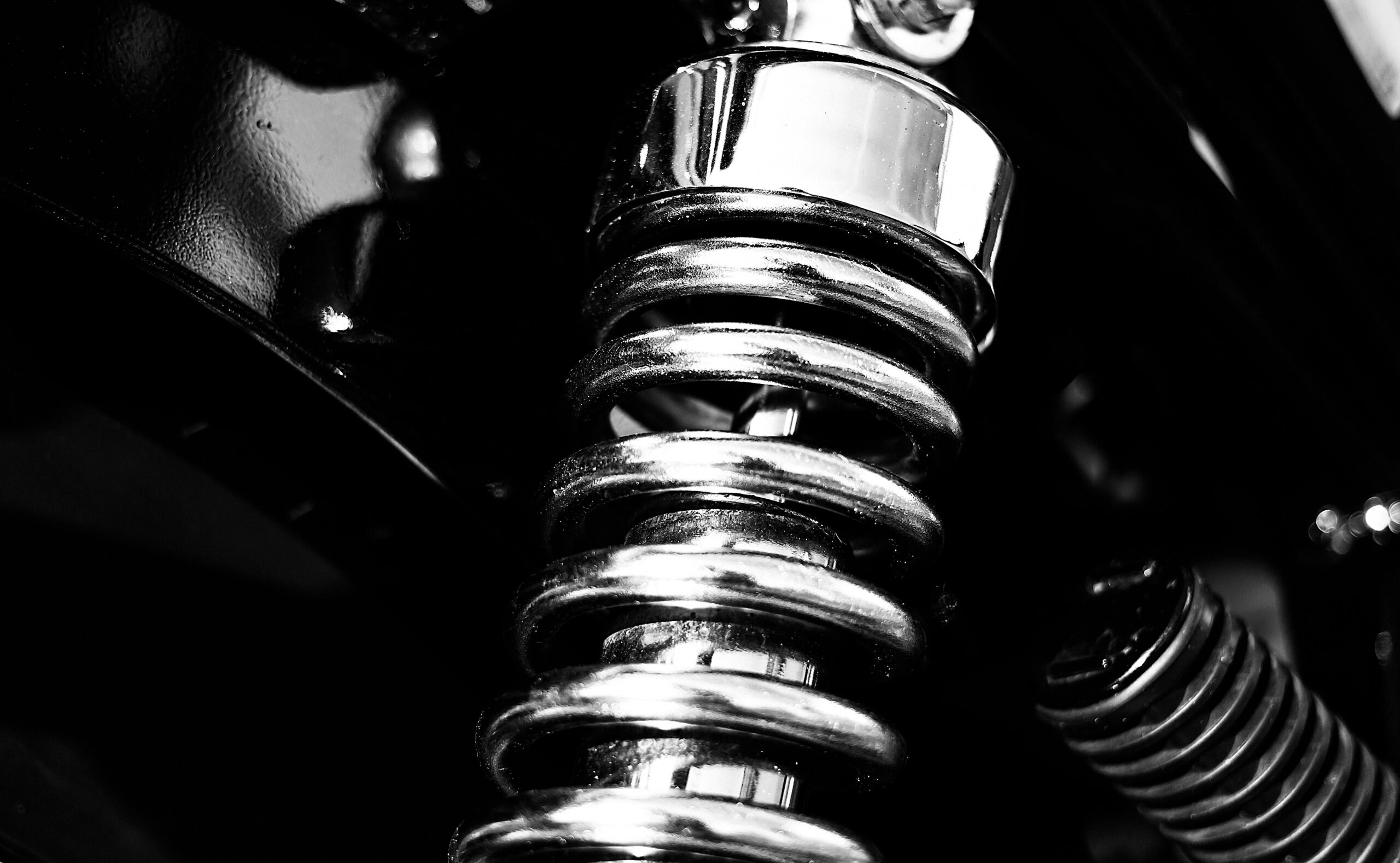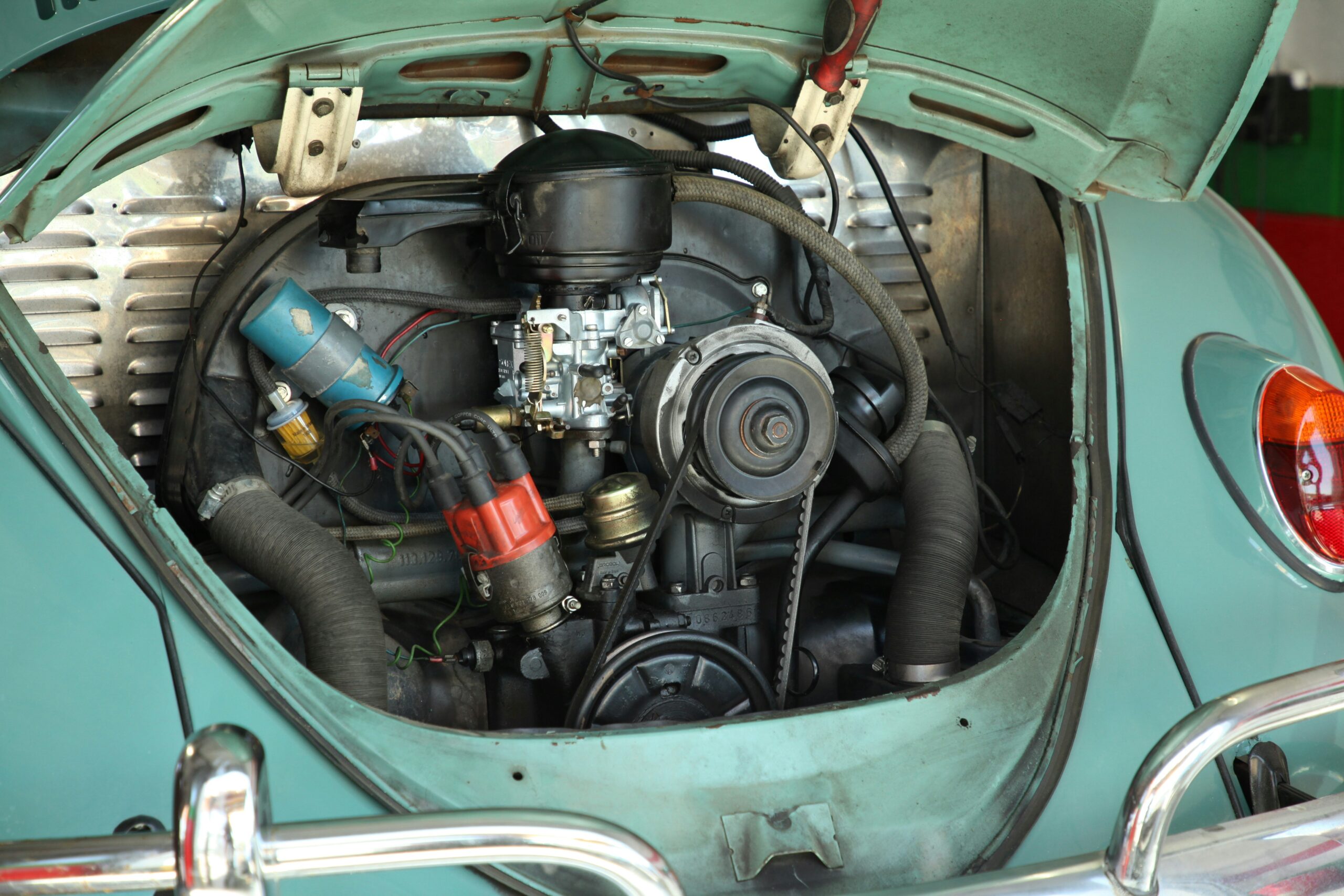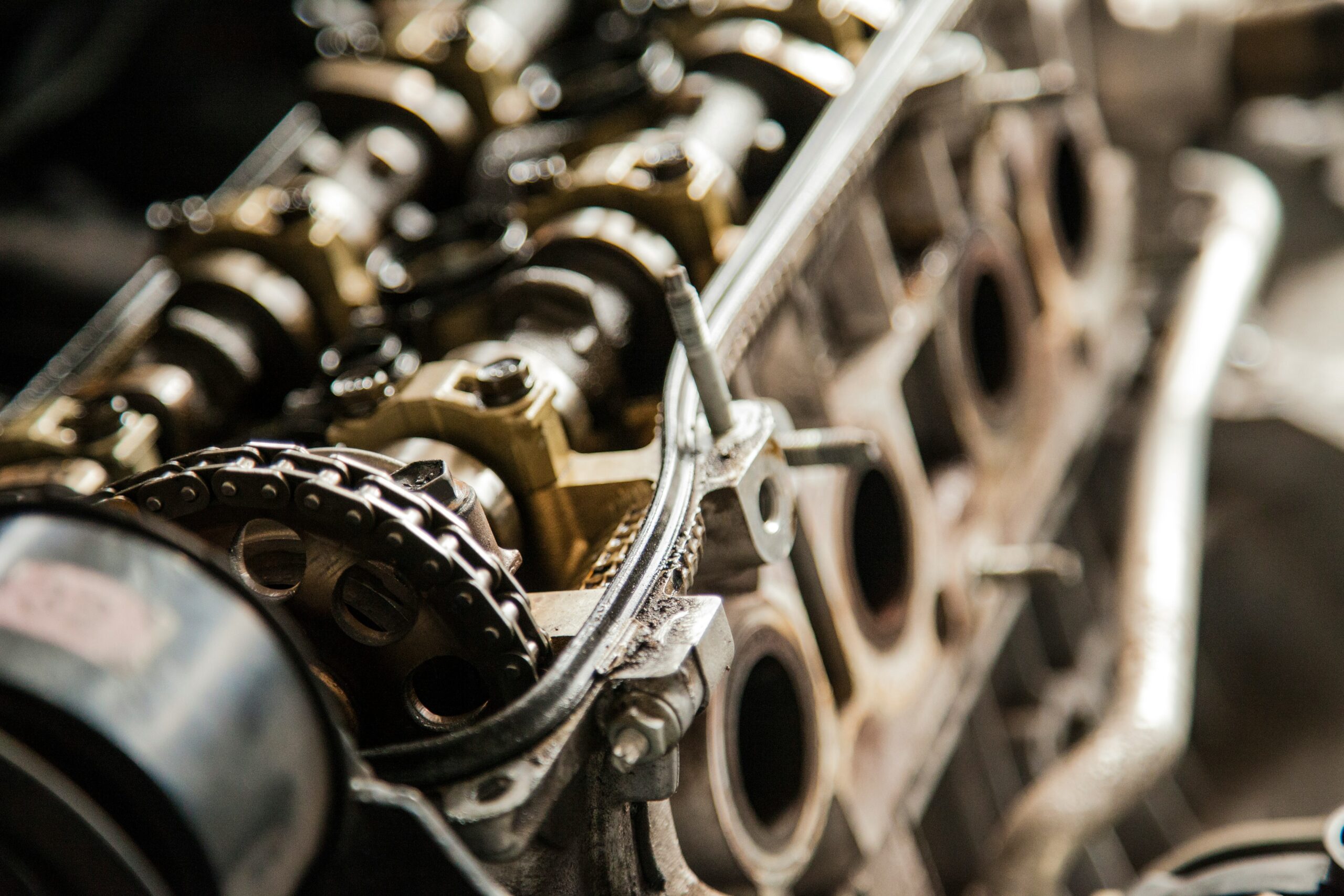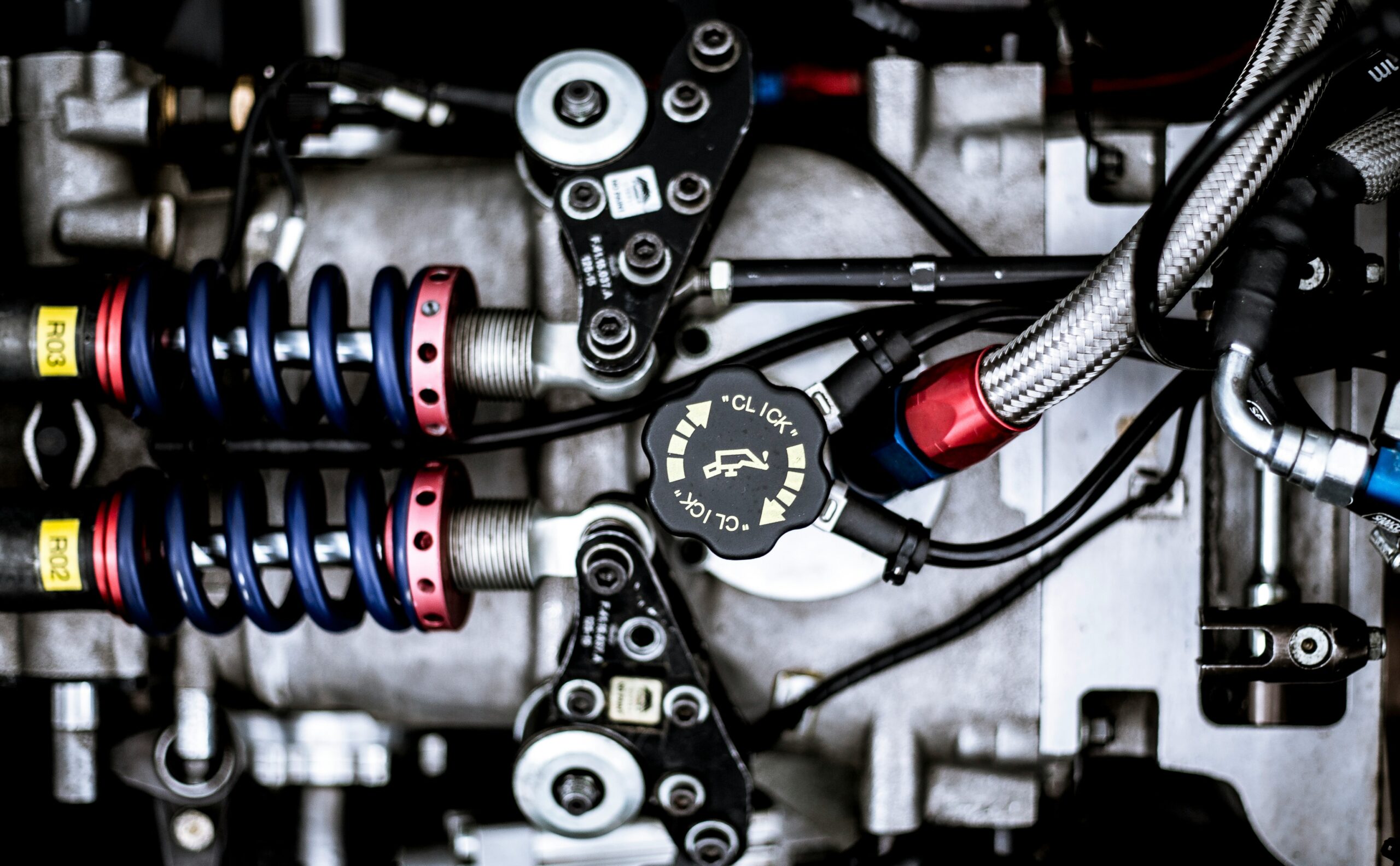- Your cart is empty
- Continue Shopping
Car Ignition Coil: Powering the Spark Behind Every Engine

A car engine cannot run without a spark. This spark ignites the air-fuel mixture inside the combustion chamber, creating the energy needed to power the vehicle. The component responsible for generating this spark is the car ignition coil, a small but vital part of the ignition system.
What Is a Car Coil?
A car ignition coil (often called a spark coil) is an electrical transformer that converts the car battery’s low voltage (12 volts) into the high voltage (20,000–40,000 volts or more) needed to ignite the fuel-air mixture in the engine cylinders. Without this voltage boost, spark plugs could not fire, and the engine would not run.
Types of Car Ignition Coils
- Conventional Ignition Coil
- Common in older vehicles.
- Works with a distributor to send voltage to each spark plug.
- Distributorless Ignition Coil
- Used in modern cars.
- Each cylinder has its own coil pack or shares coils in pairs.
- Coil-on-Plug (COP) Ignition Coil
- The most advanced design.
- Each spark plug has its own coil mounted directly on top, eliminating wires and improving efficiency.
Functions of a Car Coil
- Voltage Amplification: Boosts battery power to ignite fuel.
- Efficient Combustion: Ensures proper engine firing for smooth performance.
- Fuel Economy: Helps maintain consistent engine power and efficiency.
- Emission Control: Proper ignition reduces unburned fuel and lowers emissions.
Symptoms of a Faulty Ignition Coil
A failing ignition coil can lead to poor performance or even engine stalling. Common warning signs include:
- Engine misfires or rough idling.
- Difficulty starting the vehicle.
- Loss of power and acceleration.
- Decreased fuel efficiency.
- Check engine light illumination.
Maintenance and Care
- Regular Inspection: Check coils during routine servicing.
- Spark Plug Maintenance: Worn spark plugs can damage ignition coils.
- Dry Environment: Keep coils protected from moisture, as water can cause electrical shorts.
- Quality Replacement: Always use genuine or high-quality aftermarket coils.
The Role of Coils in Modern Cars
With the rise of hybrid and electric vehicles, ignition coils remain critical for gasoline-powered engines, while EVs do not require them since they don’t use combustion. In traditional and hybrid vehicles, advanced coil-on-plug systems continue to improve efficiency, reliability, and emissions control.
Though small and often unnoticed, the car ignition coil is essential to engine performance. It powers the spark that keeps the engine alive, ensuring smooth driving, better fuel economy, and lower emissions. Regular maintenance and timely replacement of faulty coils can prevent bigger engine problems and keep your car running reliably.




